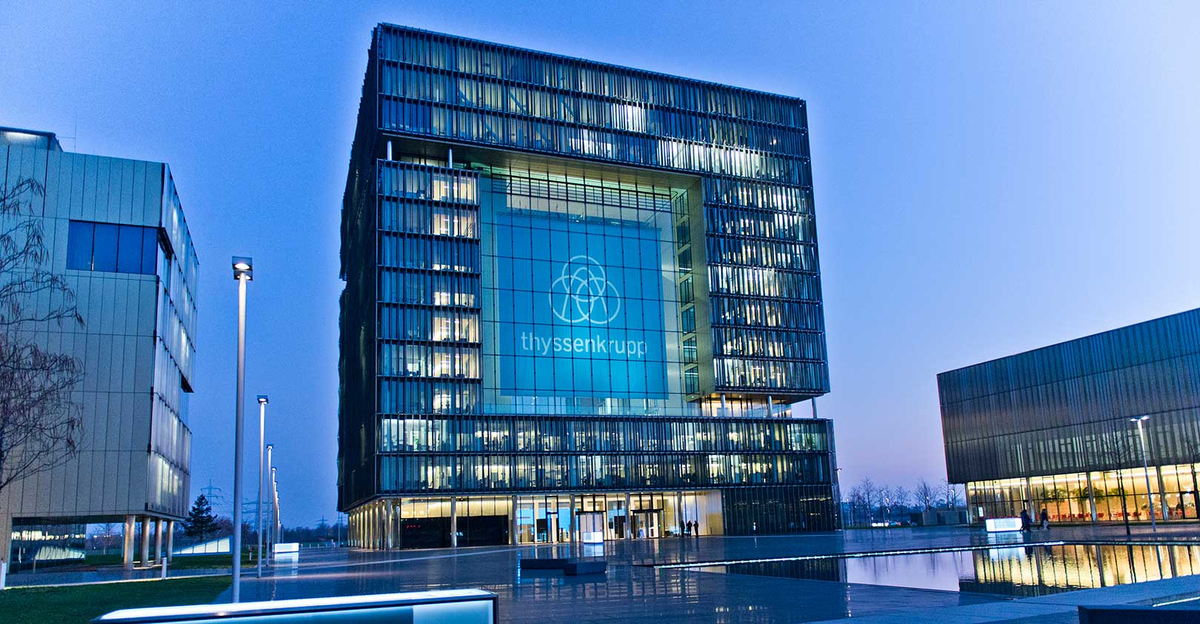German steelmaker Thyssenkrupp said Aug. 11 that its 2021-2022 fiscal year capex, estimated at Eur1.4 billion, will be reduced by Eur200 million from the prior year’s level due to uncertainty.
In light of the increased uncertainties, and depending on business performance, further investments will be approved on a restrictive basis.
Focus of the investments at Steel Europe will be in conjunction with the Steel Strategy 20-30; investments for targeted growth initiatives will continue to be made in the other businesses
Thyssenkrupp’s ongoing strategic transformation is now focused on the expansion of production capacity in technology provider for submarines and ships Marine Systems and the fast development of hydrogen business Thyssenkrupp Nucera.
The acquisition by Marine Systems of ship manufacturer MW Werften Wismar and evaluation of a joint venture in the automotive business are going to be further steps in that transformation.
The agreement to acquire MV Werften Wismar that Thyssenkrupp signed in June is going to extend its strategic options to the construction of submarines and surface vessels.
A stock market listing remains the preferred choice for Thyssenkrupp Nucera, the order backlog of which has grown to Eur1.4 billion supported by the chlor-alkali new plant business and the award of a major hydrogen project in the Netherlands. A decision on the timing of a possible initial public offering will depend on the state of the capital markets.
In the automotive business, Thyssenkrupp is considering a possible joint venture with Japanese industrial group NSK. Also, the company is in talks with potential buyers for the Automation Engineering unit and has launched preparations for an M&A process for Springs & Stabilizers operation.
High steel prices helped Thyssenkrupp show good performance in the April-June quarter despite a difficult market and inflationary pressure.
Despite the persistent challenges caused by the war in Ukraine, the COVID-19 pandemic and the disruption of global supply chains, the company raised its April-June revenue by 26% to Eur11 billion.
Alongside the improvement in performance and efficiency, the main drivers of this were Materials Services and Steel Europe units.
Although Steel Europe was impacted by supply shortages and weaker demand from the automotive industry, strong steel prices offset the negatives.
Thyssenkrupp also noted higher demand from the wind energy sector, and its Automation Engineering operations benefited from higher demand in its battery and powertrain businesses.
By contrast, the ongoing supply chain problems and higher factor costs had a marked adverse impact on Automotive Technology and Industrial Components businesses of Thyssenkrupp.
Cost-cutting and efficiency measures, but mainly restructuring, which included the deconsolidation of the stainless steel and infrastructure businesses, and the closure of the heavy plate mill, curbed losses significantly in almost all businesses, although a substantial rise in material, energy and freight costs somewhat offset the full upside effect.
— Ekaterina Bouckley






